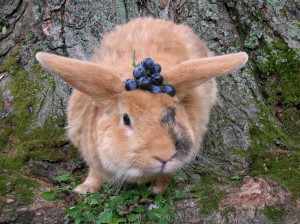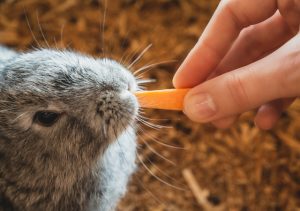
Grapes have been one of the most loved fruits in the world. They have served various functions not just as a healthy delight, but as sought after base for drinks as well. Their combination of sweetness and unique texture has made them a popular snack, as well as a good dessert after a meal. Due to their diverse functions, they have been classifies as being wine grapes (those used for viniculture), raisin grapes (used for making dried fruits) and table grapes.
Aside from its delectable taste, they have been lauded for being a low glycemic food, thus ensuring an efficient insulin regulation and good sugar balance. Moreover, it is now being popularized that grapes contributes a lot to the longevity of humans. This assumption is mostly due to the fact that it contains resveratrol that functions in increasing the expression of three genes that contribute to prolonging one’s life.
Furthermore, it has been shown in various experiments that grapes contain an antioxidant called glutathione. This particular protein fights damaging oxidative stress. What grapes do is that they activate glutathione-regulating genes to make the body function better.
However, no matter how great the benefits of the grapes are, a group called Shopper’s Guide to Pesticide identified that commercial grapes contain one of the greatest amount of pesticide residue among all the fruits and vegetables in the market. As such, great precaution should be taken when consuming grapes. As a general rule, it is much better to buy organically grown grapes to lessen the chance of acquiring health concerns due to the toxins that might have accumulated as it is being cultivated.
Can I Give My Rabbit Grapes?
Yes, but make sure that you regulate its intake.
Just like other fruits, your rabbit should not be given too much grapes in its diet. Perhaps, four or five in a week would make them delightful in having something different than their usual green vegetable and pellet diet. Grapes are something that they would happily nibble on because they taste sweet. After all, rabbits have sweet tooth and would gladly devour all that you offer to it. However, you should keep a close watch on how much your rabbit is eating because it might have an upset stomach afterwards. Due to the fact that it has sugar on it, the bacteria in your rabbit’s stomach will quickly digest the sugar. The result will be an accumulation of gas in its stomach; thus, making your rabbit feel bloated. In addition, the acidity level of your rabbit’s stomach will greatly change. The change in its pH level will prevent the growth of good bacteria which produce important nutrients such as B-vitamins.
Another thing that you should take note of when feeding grapes to your rabbit is that you should wash the grapes thoroughly. As mentioned, commercial grapes contain a lot of pesticides. Since your rabbit’s stomach is very sensitive, you might want to first allow the grapes to be sunk in water for a few minutes. Do not wash it with soap because if you are not careful, you might end up adding to the problem of unwanted residue. Keep the grapes wet as it will add up to the liquid intake of your rabbit.
Aside from removing the seed of the grapes, you must also remove the skin of the grapes. While they are edible, too much of that can lead to kidney failure or accumulation of kidney stones in your rabbit.
As you can see, preparation of grapes for your rabbit would take a lot of your time. However, the health benefits that it can give to your rabbit if given appropriately will be worth it. For instance, an experiment presented at the 2009 Experimental Biology at New Orleans showed that animals that are grape-fed and have been food with grape powder have hearts that had less damage and functioned better.
In addition to knowing the amount of grapes that you will give to your rabbit, you must also be aware that you cannot give grapes, or any kind of fruit for that matter, if your rabbit is obese. As such, you must be knowledgeable when it comes to the ideal weight of your rabbit as it ages.
Not all kind of grapes can be fed to your rabbit. Only fresh grapes are suitable. Dried grape products are not to be given for rabbits will not be able to digest them properly. Grape juice might be given, but just like the fruit, it must be strictly regulated.





